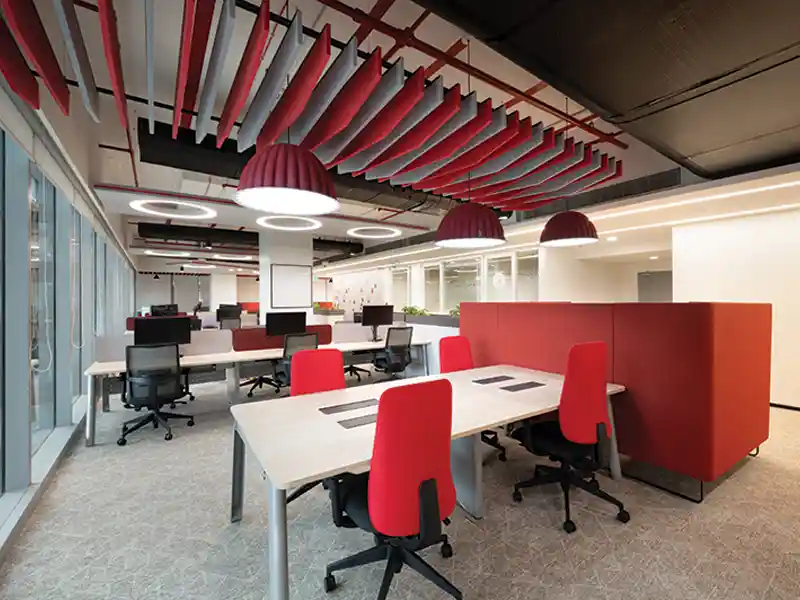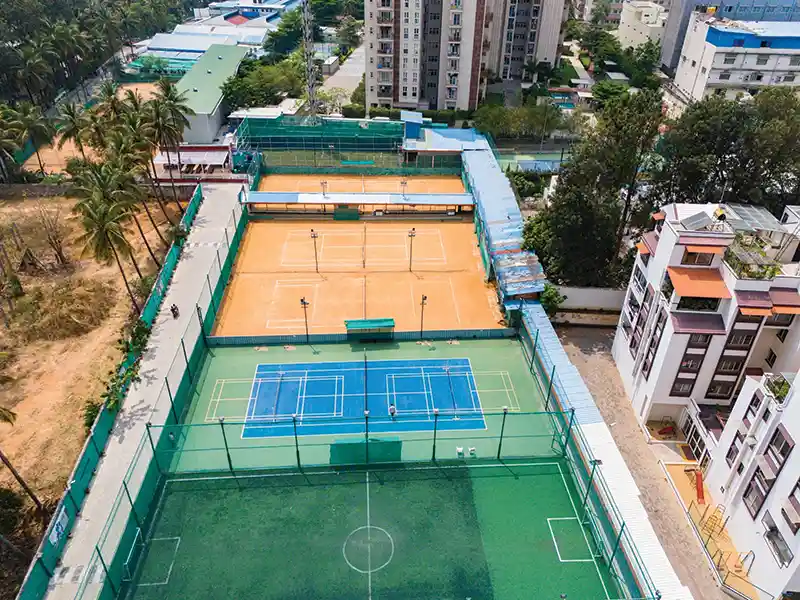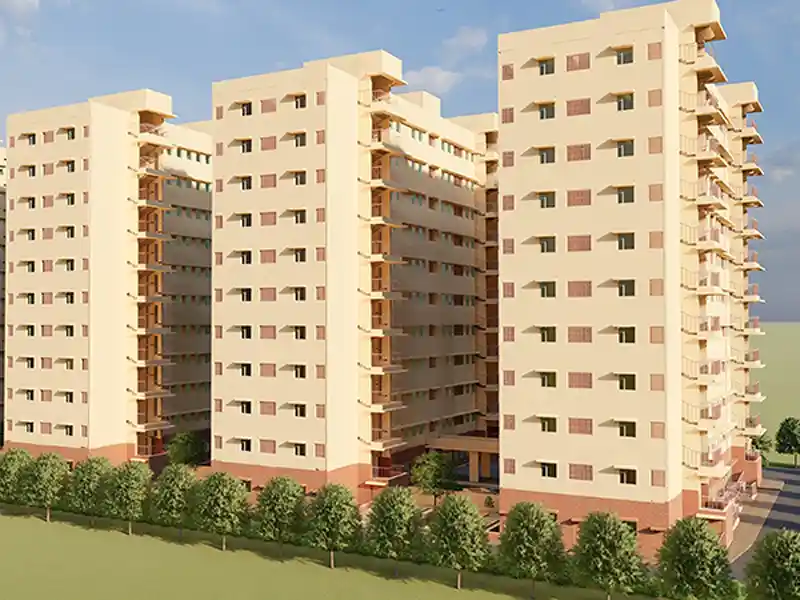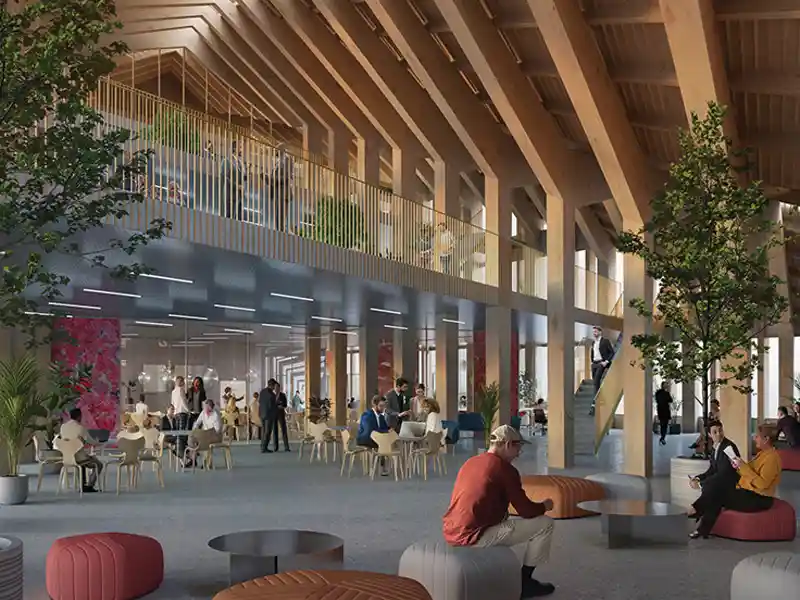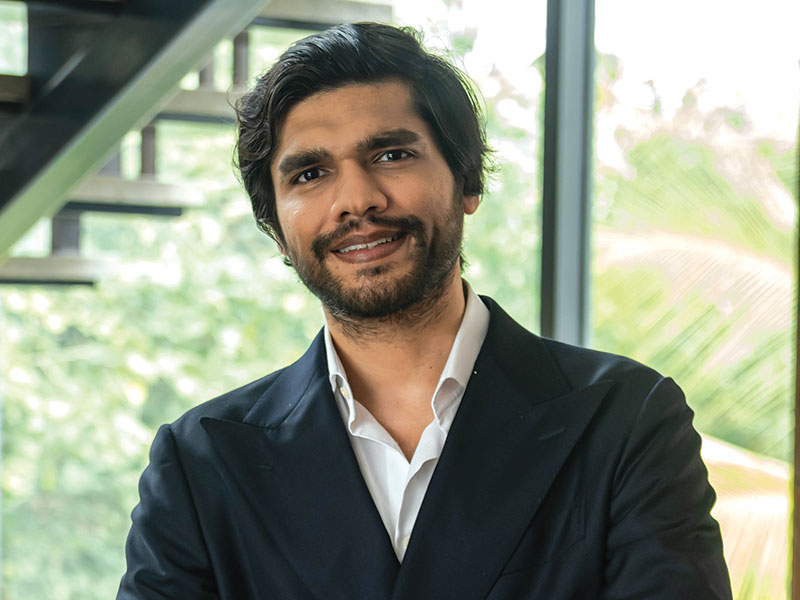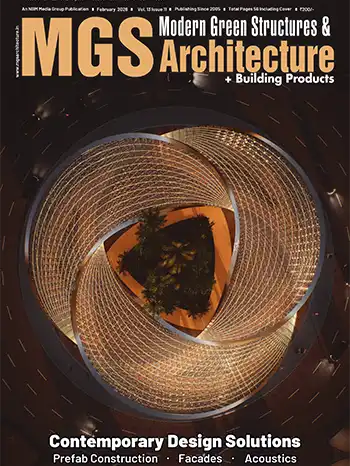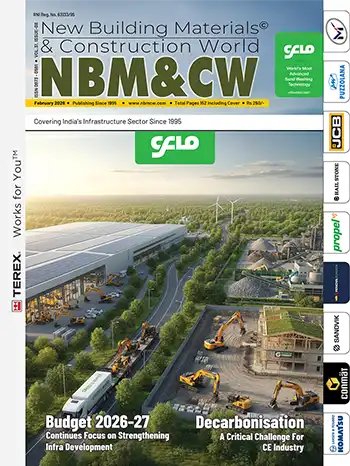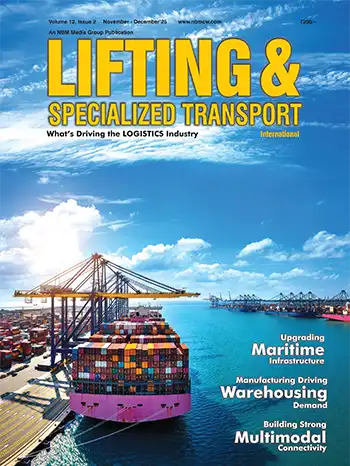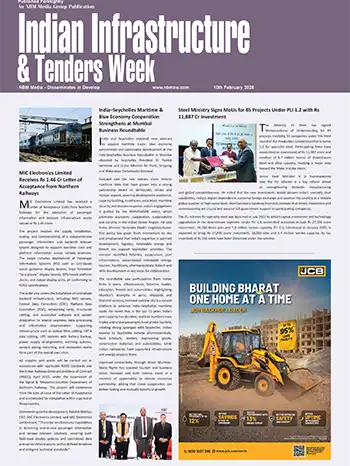Transitioning to a circular economy requires upfront investment, but with the right strategy, this initiative is projected to deliver long-term profitability.
Rahul Bahl - Managing Director, Krishna Buildestates
In pursuing sustainable development, reducing construction material wastage has become a critical focus for real estate projects. We have been focusing on a circular economy approach that converts debris into valuable resources, significantly minimising environmental impact while promoting economic benefits.
We view rubble and debris not as waste but as untapped resources. At sites like Smartworld 1dxp and Hero Homes (Mohali and Gurgaon), we have refilled sunken areas with construction debris generated on-site. We also repurpose concrete waste into paver tiles, cover blocks, and site infrastructure works, ensuring minimal virgin material consumption. We are implementing processes to crush concrete and brick debris into aggregates for reuse in projects or to sell them to industries such as road construction.
We are also recovering scrap metal, welding joints, deploying couplers, and repurposing reinforcement steel waste into precast covers, which provides another revenue stream. Partnerships with recycling facilities have further enabled us to convert waste into eco-friendly products like insulation and sustainable bricks. Material innovation extends to aluminium shuttering systems, which replace single-use wooden frameworks and can be reused across multiple projects over years.

Transitioning to a circular economy requires upfront investment, but analysis indicates that with the right strategy, this initiative is projected to deliver long-term profitability as it not only reduces landfill fees and transportation costs but also opens up opportunities for green tax incentives. For instance, by reducing waste sent to landfills, we can potentially save on landfill fees, which could amount to up to Rs. 1 crore per large-scale project. Moreover, by reusing materials like steel and concrete waste, we save up to Rs. 2 crore in virgin material costs.
We have engaged a sustainability consultant to evaluate waste streams, identify monetisation opportunities, and design efficient systems. This data-driven approach aligns with our core values of TRUST—Transparency, Resilience, Unity, Sustainability, and Transformation, enabling us to not just reduce waste, but also build a legacy of sustainability that we hope can be adopted by the industry on a nationwide scale.



